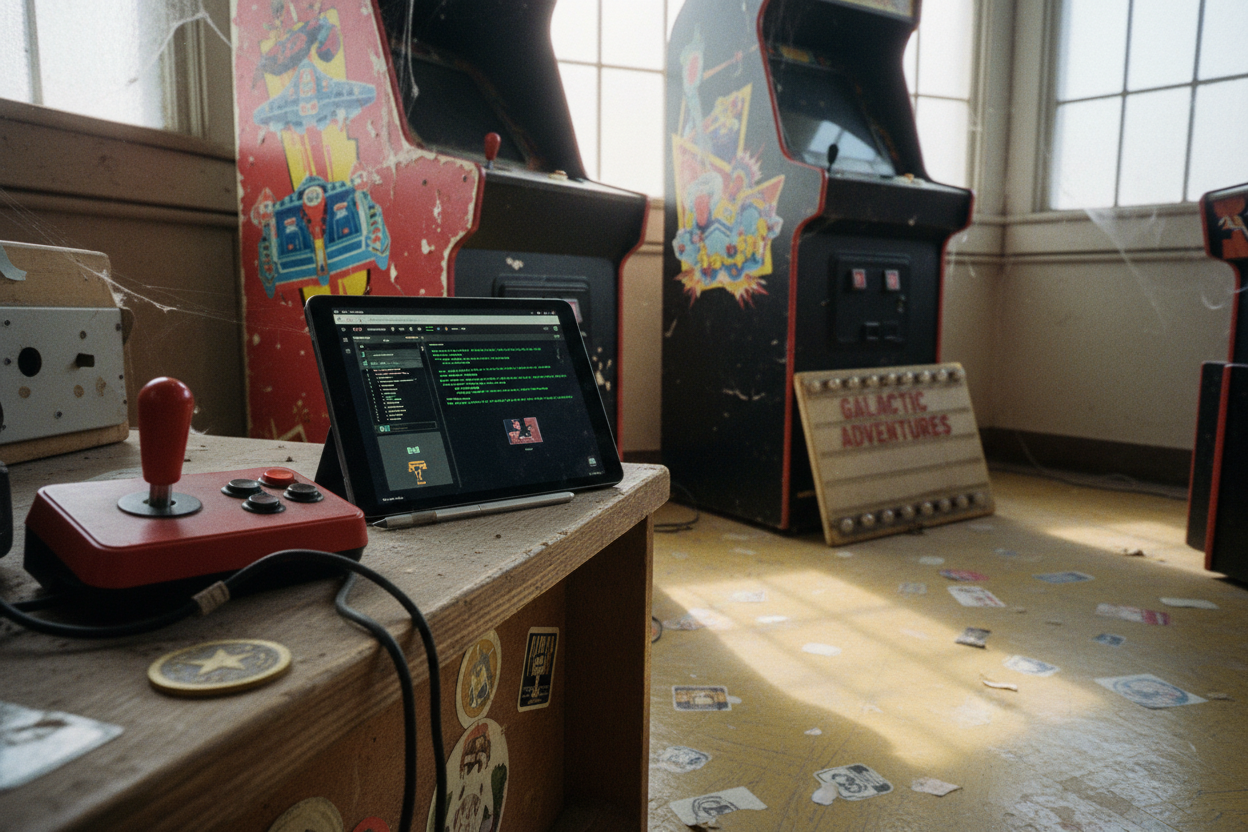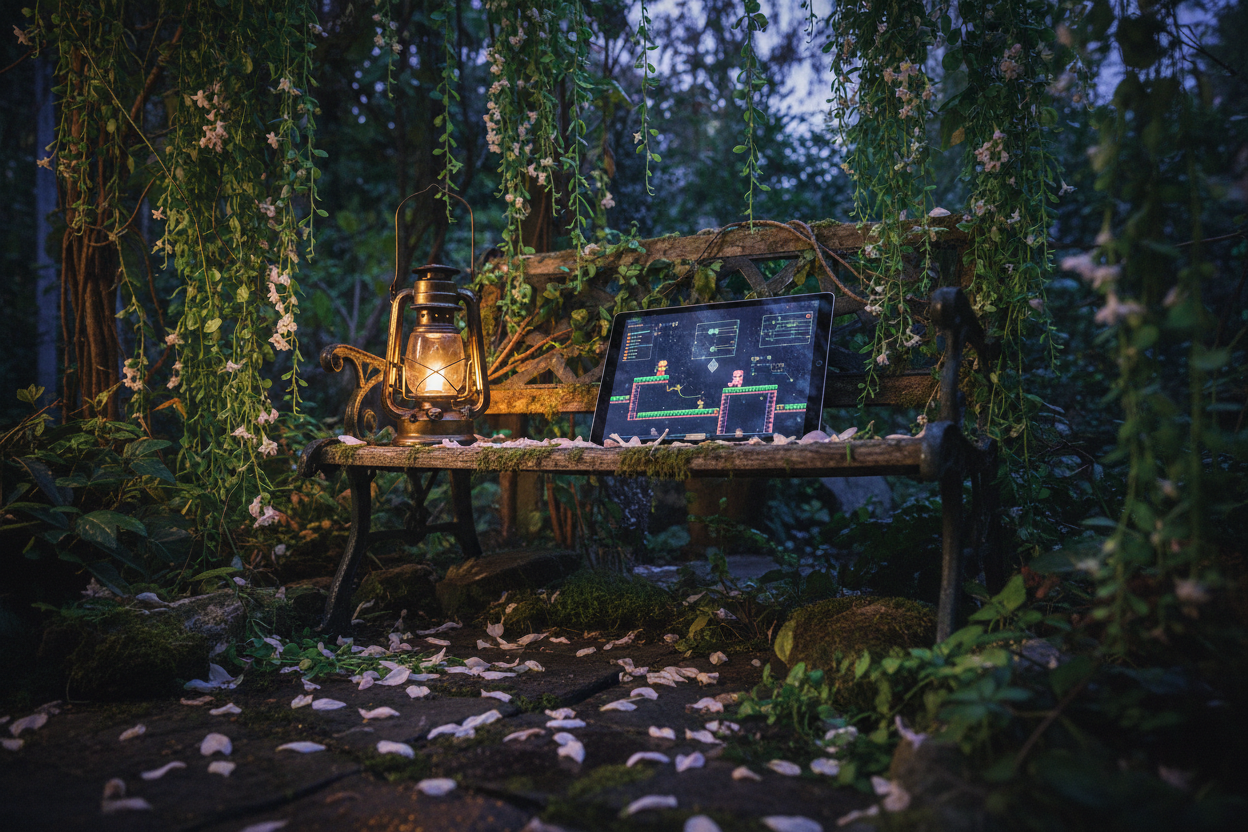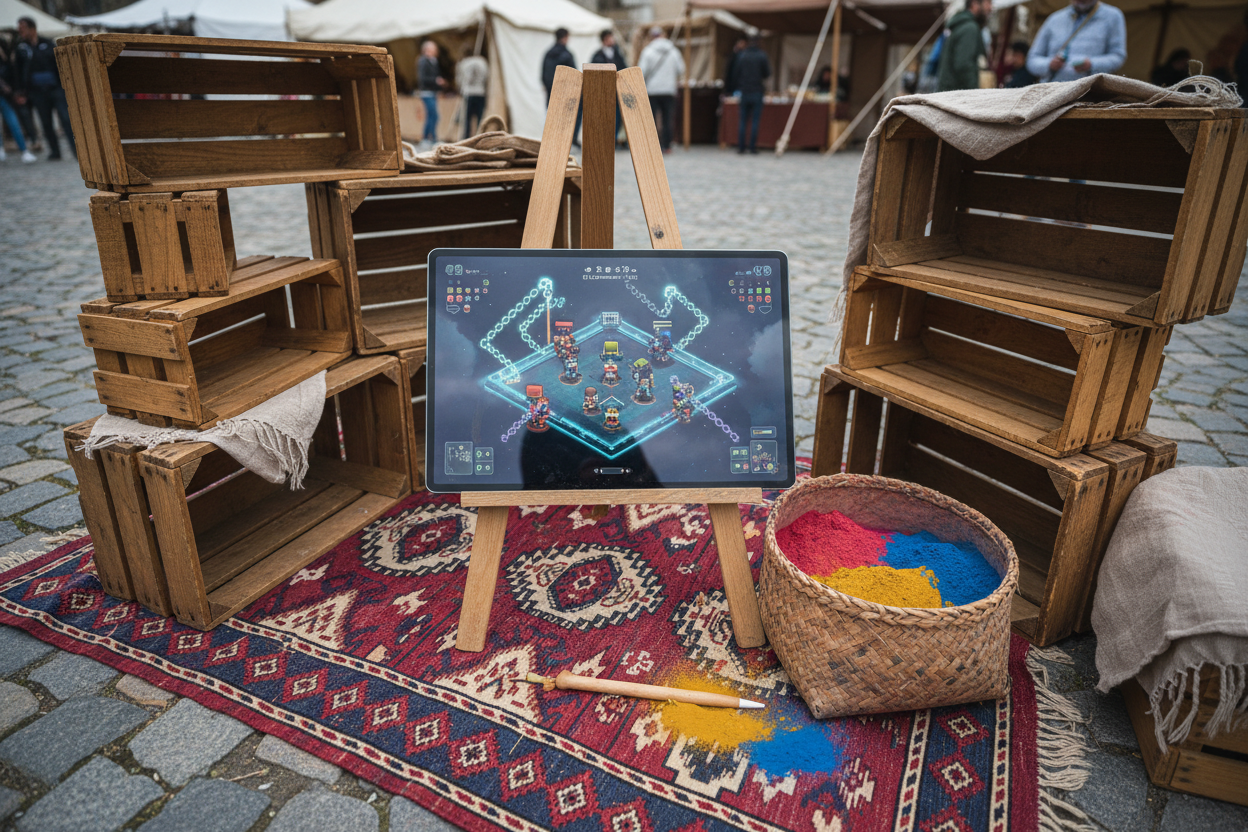NFT-Gated Play in On-Chain Games: Benefits, Risks, and Popular Projects
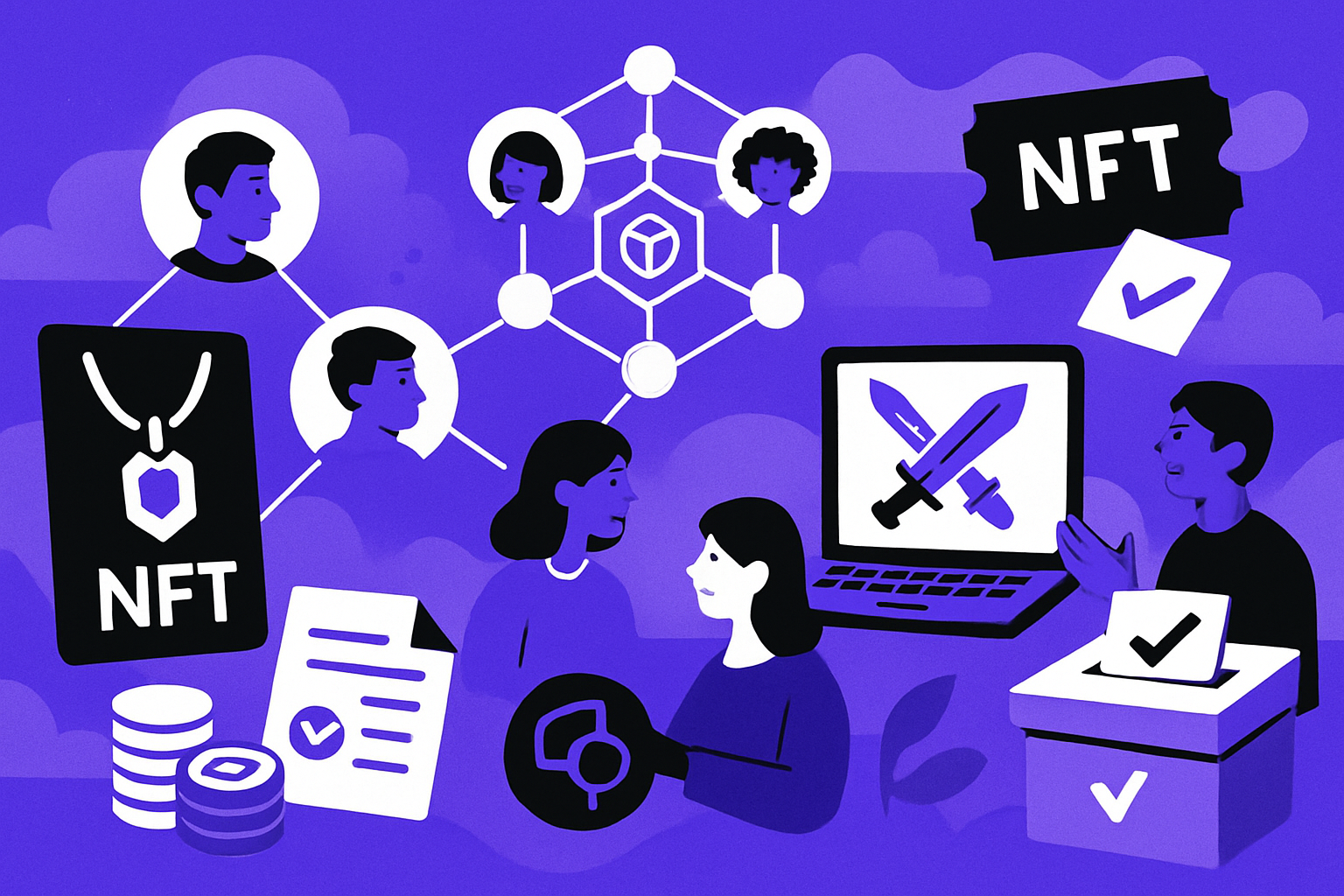
NFT-gated on-chain games are redefining what it means to participate in blockchain gaming. By requiring players to own specific NFTs for access, these games introduce a new layer of exclusivity and player-driven economies. This approach is gaining traction across the MUD and Dojo ecosystems, with projects like Loot Survivor, Dojo Arena, and Pirate Nation leading the charge. But what are the real advantages and challenges of NFT-gated play? Let’s break down the key aspects shaping this trend.
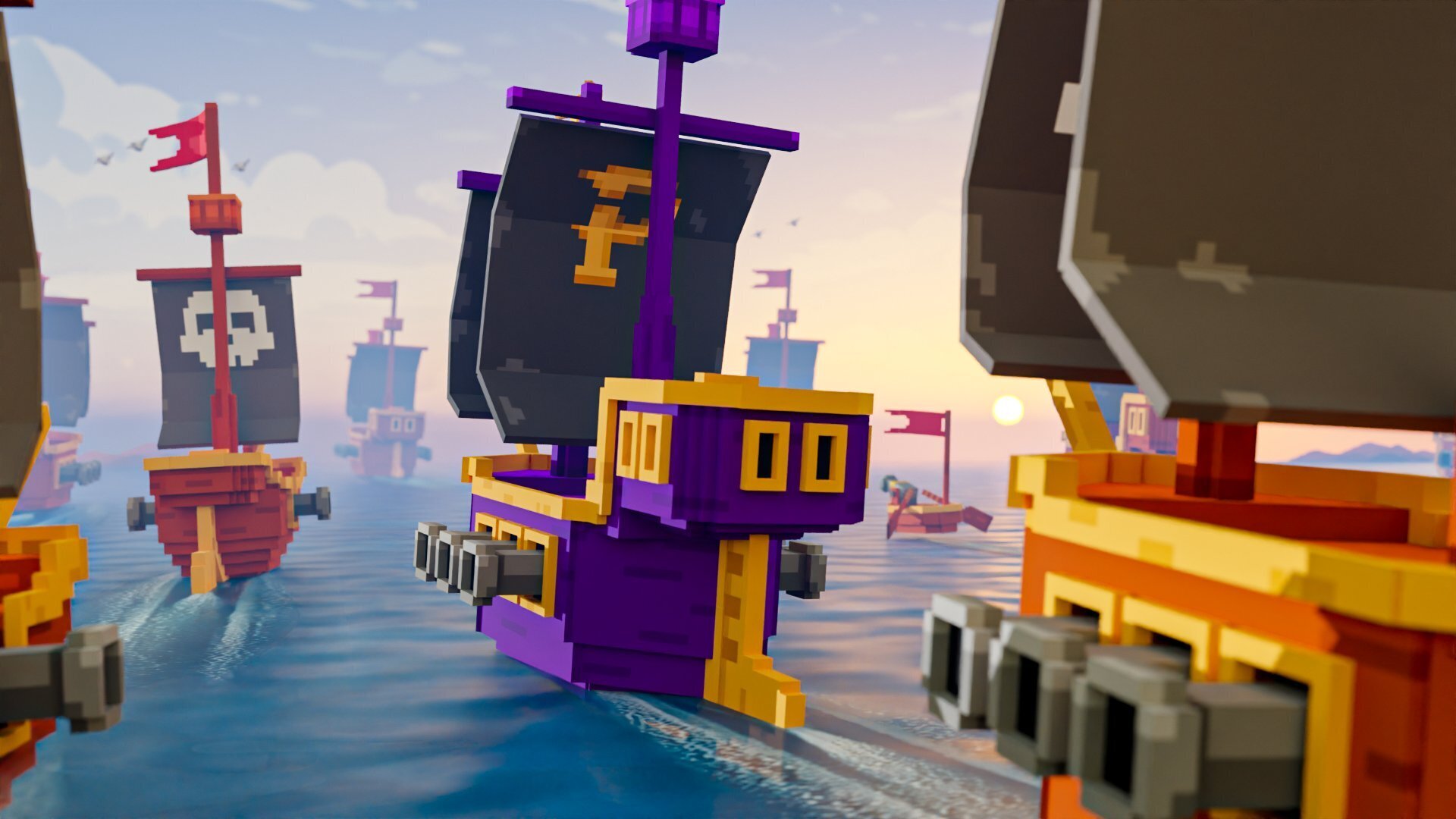
Enhanced Player Engagement and Monetization
The core appeal of NFT-gated access is its ability to deepen player engagement while unlocking new monetization avenues for developers. When access to game modes, special events, or governance features is tied to NFT ownership, players become more invested in both the game’s success and their own in-game assets.
Loot Survivor (built on MUD) offers a prime example: only holders of specific Loot NFTs can participate in core gameplay loops or claim rare rewards. This not only drives demand for the NFTs themselves but also creates a thriving secondary market where early adopters are rewarded for their participation. Similarly, Pirate Nation: with a current floor price of 1.21 ETH and total trading volume reaching 9,160 ETH according to OpenSea, demonstrates how exclusive content can fuel both community excitement and ongoing revenue streams for creators. For developers, these models represent more than just initial sales; they enable recurring income through transaction fees on secondary trades and limited edition drops.
Key Benefits of NFT-Gated Play in Blockchain Games
-
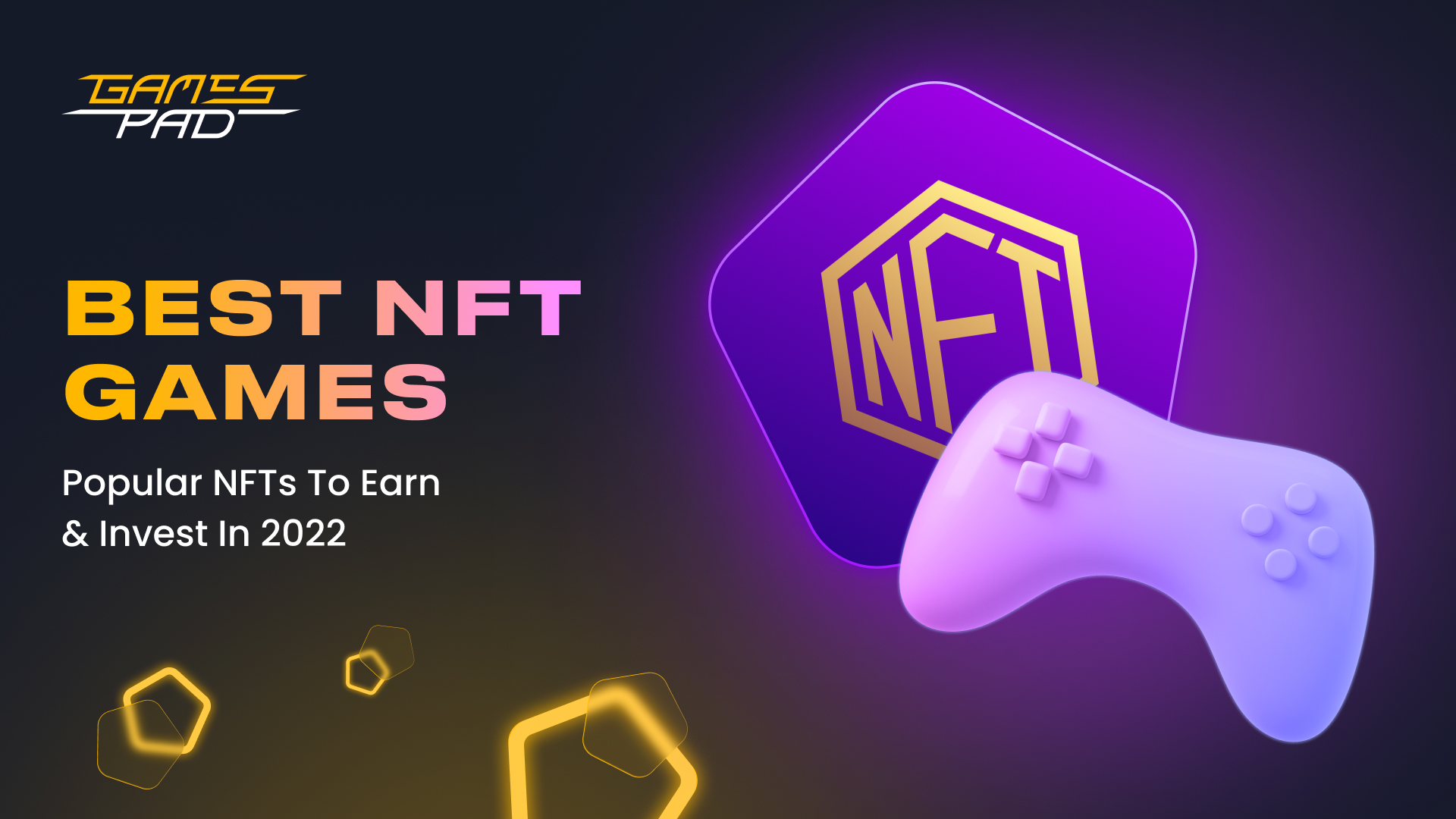
Enhanced Player Engagement and Monetization: NFT-gated access enables developers to offer exclusive in-game content, events, or features to NFT holders, boosting player loyalty. This approach also creates new revenue streams through primary NFT sales and ongoing secondary market trading.
-
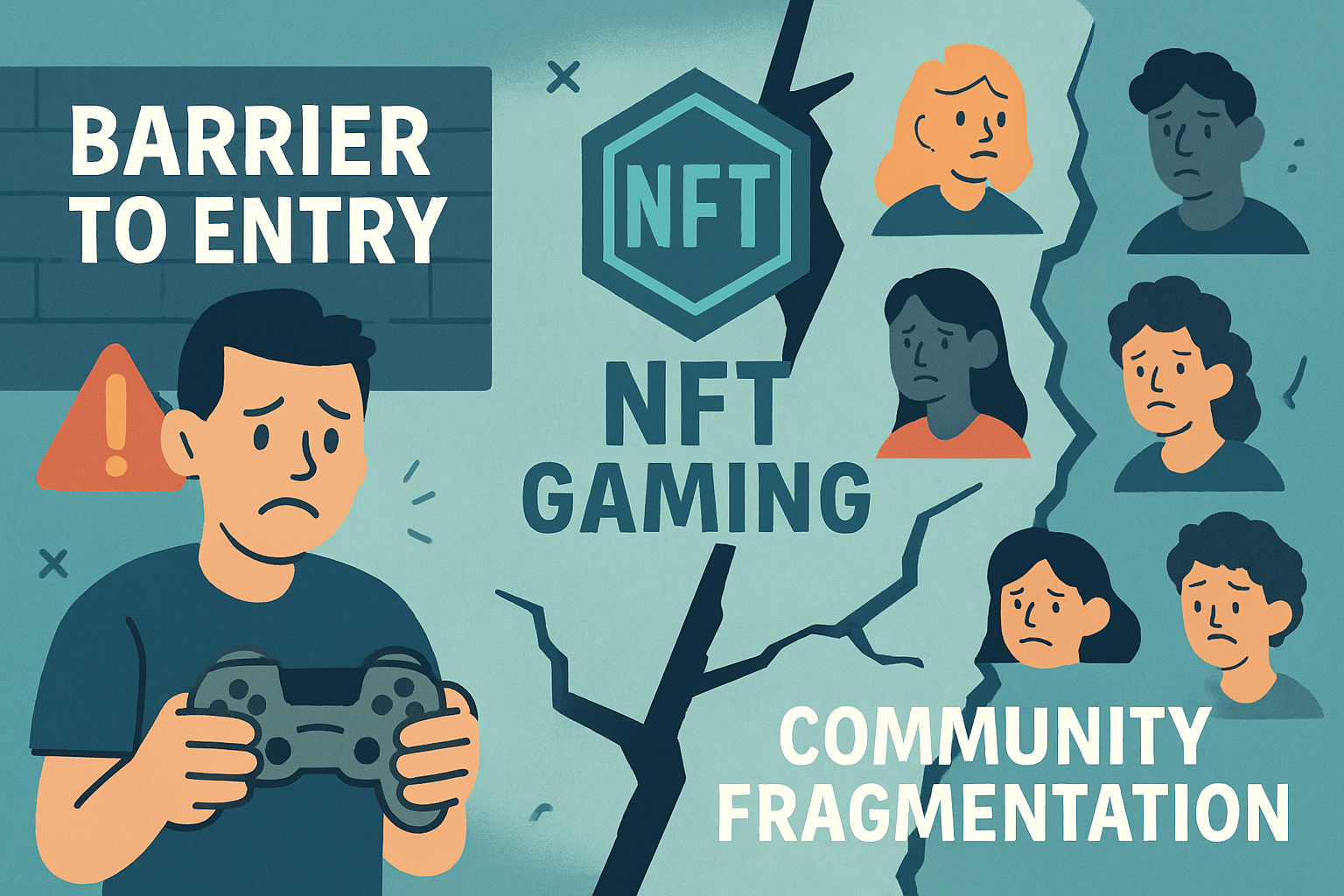
Barrier to Entry and Community Fragmentation: Requiring NFTs for access can increase upfront costs for players, potentially excluding newcomers. This may fragment the player base, especially if NFT prices surge during hype cycles.
-
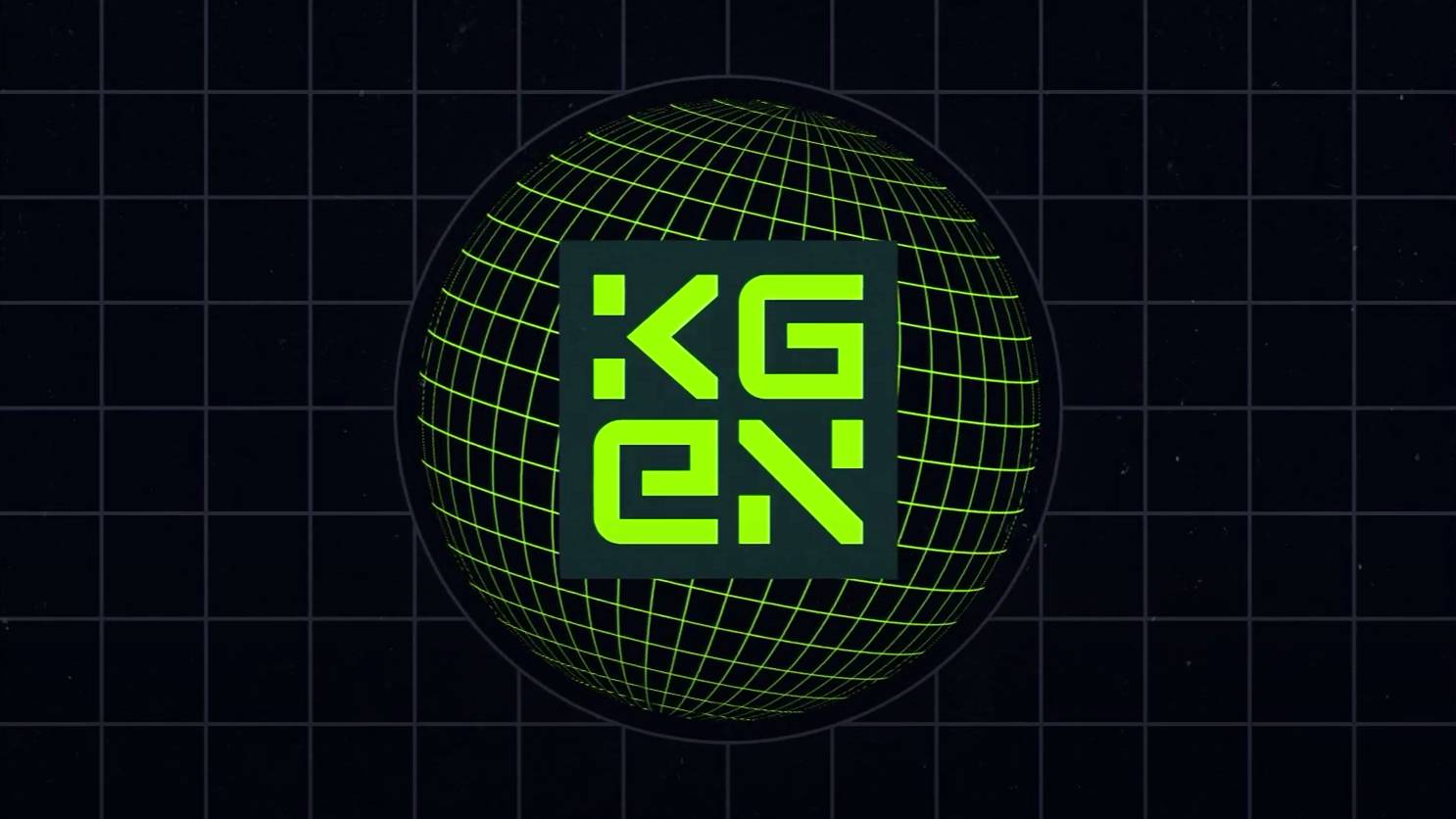
Popular Projects Leveraging NFT-Gated Play: Leading on-chain games like Loot Survivor (MUD), Dojo Arena (Dojo), and Pirate Nation utilize NFT-gated mechanics to control access to core gameplay loops, special quests, or governance features.
Barrier to Entry and Community Fragmentation
The flip side of exclusivity is accessibility. NFT-gated models often require players to purchase or hold specific tokens before they can engage with core content. While this fosters loyalty among existing holders, it can also create significant barriers for newcomers, especially if NFT prices surge during periods of hype or speculation.
This dynamic risks fragmenting the player base into “insiders” who hold valuable NFTs and “outsiders” who are priced out or disincentivized from joining. In fast-growing projects like Pirate Nation, where entry now requires an NFT valued at 1.21 ETH, these costs can be prohibitive for casual gamers or those new to Web3 gaming. As a result, developers must carefully balance exclusivity with inclusivity if they want their communities, and economies, to thrive long term.
Popular Projects Leveraging NFT-Gated Play
The rise of NFT-gated mechanics is most evident in fully on-chain titles that put player ownership front and center:
- Loot Survivor (MUD): Access revolves around holding Loot NFTs, giving players unique roles and rewards within an evolving adventure ecosystem.
- Dojo Arena (Dojo): Utilizes Dojo framework’s modular design to offer token-gated tournaments and quests, only accessible by verified NFT holders.
- Pirate Nation: A vibrant role-playing game where every core feature, from governance votes to legendary quests, is gated by Pirate Nation NFTs (floor price: 1.21 ETH; trading volume: 9,160 ETH).
This curated approach not only shapes player experiences but also sets the stage for innovative community-driven development as seen in other emerging projects across the on-chain gaming landscape (more details here). As new frameworks like MUD and Dojo mature, expect even richer integrations between NFTs and gameplay loops.
As the NFT-gated on-chain gaming sector matures, the debate between exclusivity and accessibility will only intensify. Developers are already experimenting with hybrid models that offer both free-to-play onboarding and premium gated experiences, aiming to widen their reach without diluting the value of NFT ownership. For example, some projects introduce time-limited access passes or community quests that allow non-holders a taste of the core game before requiring a full NFT commitment.
Another emerging trend is the use of dynamic or upgradable NFTs, which evolve based on player achievements or participation. This approach not only rewards active engagement but also creates new layers of rarity and status within the player community. Pirate Nation has begun experimenting with these mechanics, giving long-term holders unique in-game advantages or cosmetic upgrades tied directly to their NFT’s history.
The Road Ahead: Innovation Meets Community
The future of NFT-gated play in fully on-chain games will likely hinge on how well developers respond to calls for greater inclusivity while preserving the economic incentives that NFTs provide. Projects like Loot Survivor, Dojo Arena, and Pirate Nation are setting important precedents, demonstrating that token-gated access can drive both deep engagement and sustainable monetization if managed thoughtfully.
For players, this means new opportunities to shape game worlds, influence governance decisions, and build lasting digital legacies, provided they can secure entry through coveted NFTs. For creators, it’s an invitation to design richer economies and social structures where every asset has tangible value beyond simple gameplay.
Key Takeaways for Players and Developers
Best Practices for Navigating NFT-Gated On-Chain Games
-
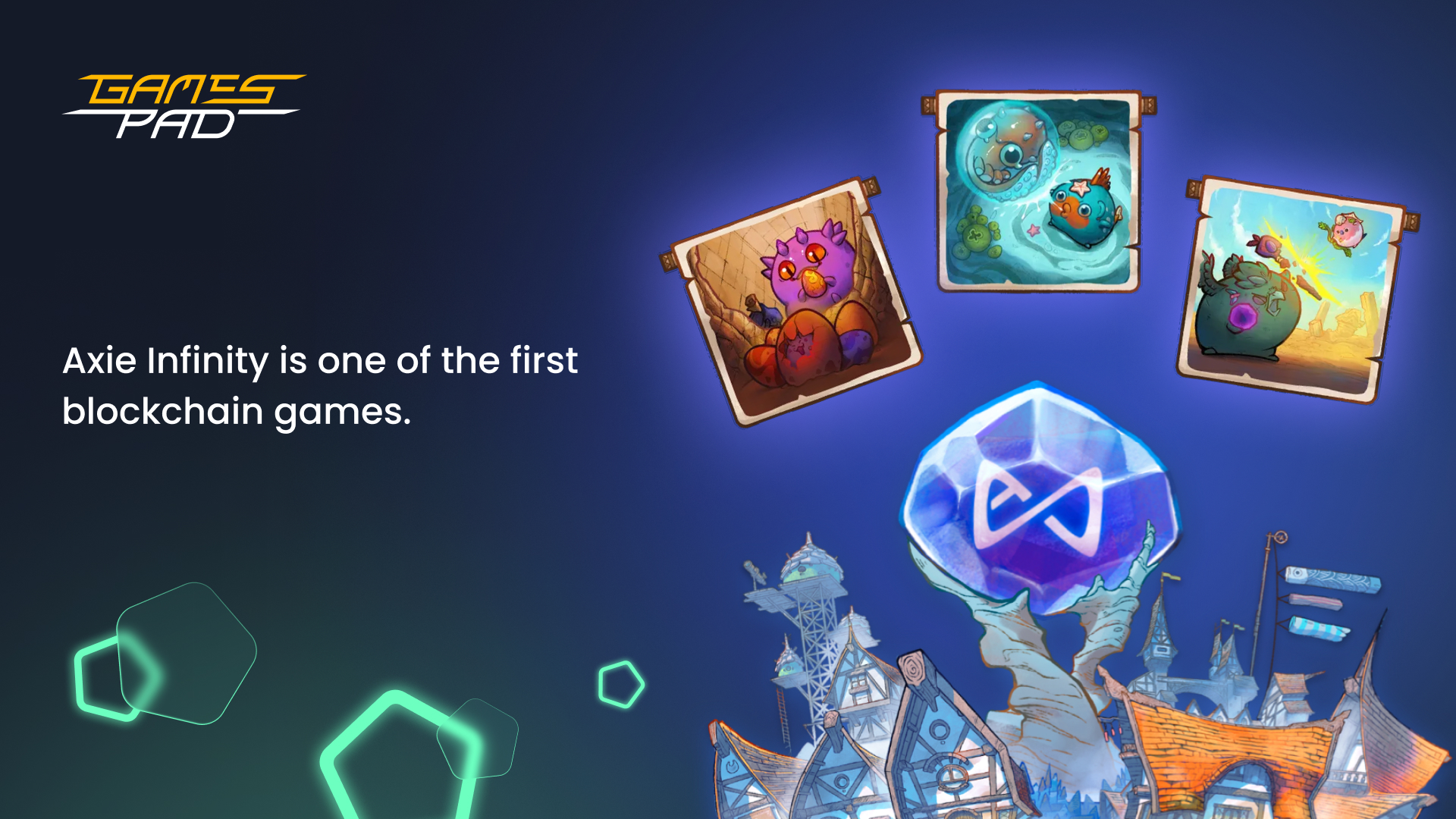
Enhanced Player Engagement and Monetization: NFT-gated access allows developers to offer exclusive in-game content, events, or features to NFT holders, driving player loyalty and creating new revenue streams through primary sales and secondary market trading.
-
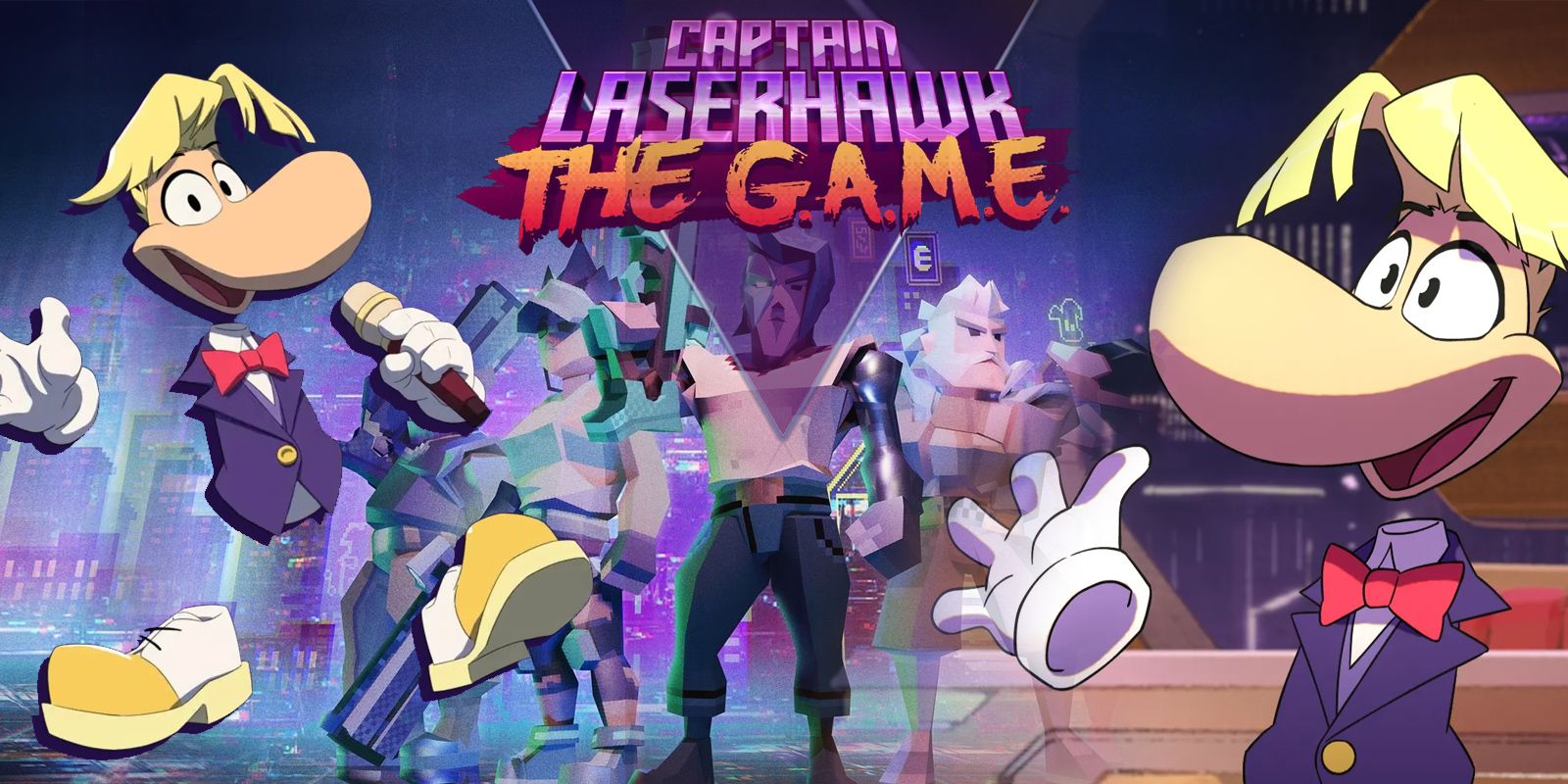
Barrier to Entry and Community Fragmentation: Requiring NFTs for access can increase upfront costs for players, potentially excluding newcomers and fragmenting the player base, especially if NFT prices surge during hype cycles.
-
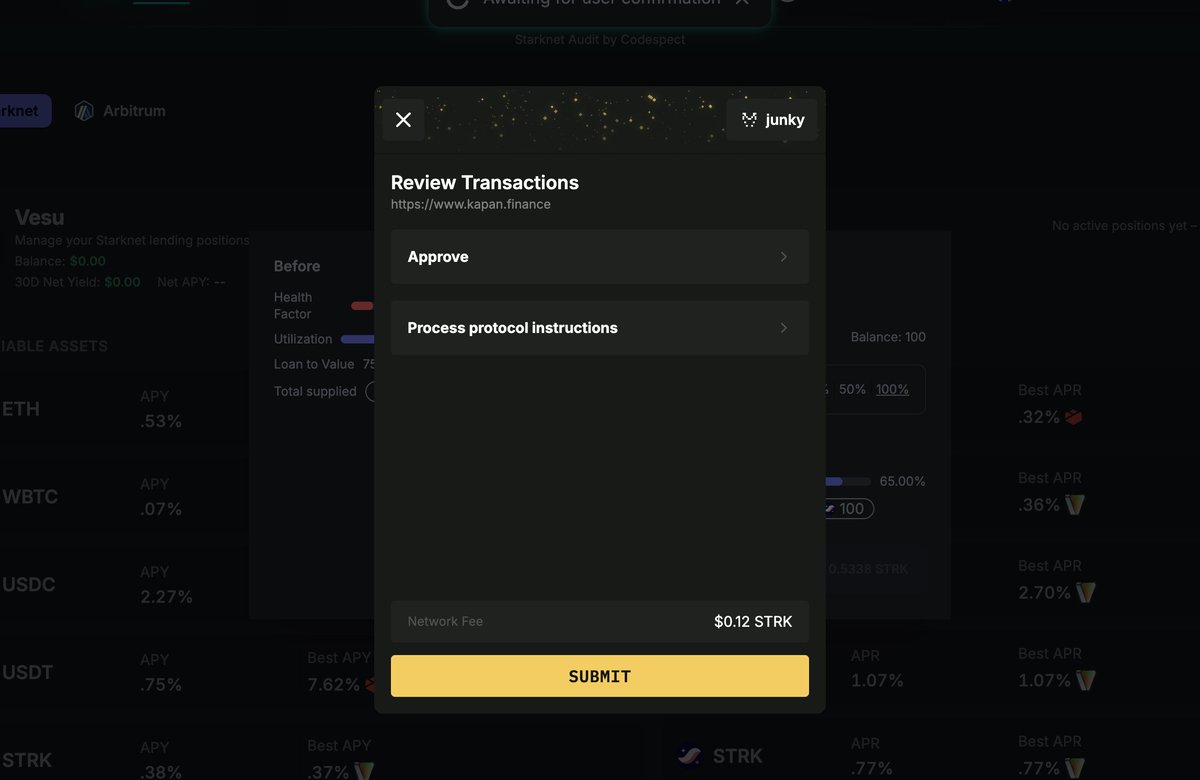
Popular Projects Leveraging NFT-Gated Play: Notable on-chain games like ‘Loot Survivor’ (MUD), ‘Dojo Arena’ (Dojo), and ‘Pirate Nation’ use NFT-gated mechanics to control access to core gameplay loops, special quests, or governance features.
If you’re considering joining an NFT-gated on-chain game, or building one, keep these points in mind:
- Monitor Secondary Market Prices: Pay attention to live floor prices (such as Pirate Nation’s current 1.21 ETH) to gauge entry costs and liquidity.
- Assess Community Health: Look for projects with active governance, transparent development updates, and mechanisms for onboarding newcomers alongside established holders.
- Diversify Engagement: Participate in both gated events and open-access content to maximize your experience while supporting sustainable growth across the ecosystem.
NFT-gated on-chain games are still evolving rapidly. By understanding both the benefits, like enhanced engagement and revenue, and the risks, such as barriers to entry, you’ll be better equipped to navigate this exciting frontier of Web3 gaming. The next wave of innovation will likely come from projects that successfully blend exclusivity with openness, using NFTs not just as tickets but as building blocks for deeper digital societies.






